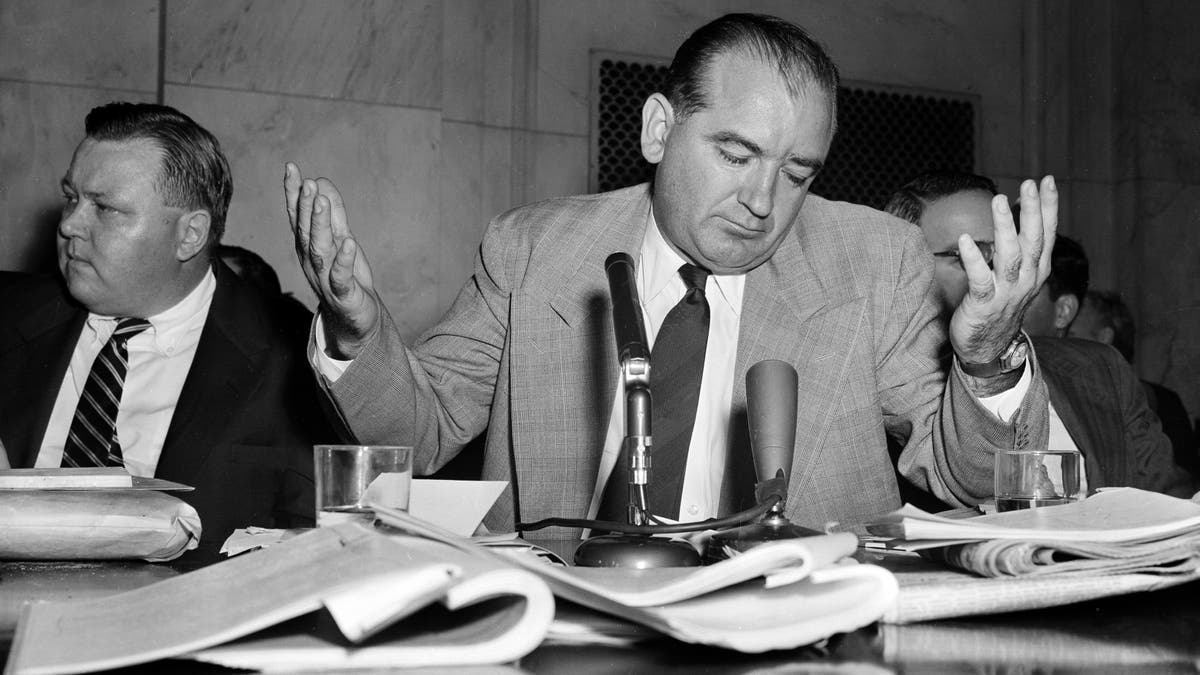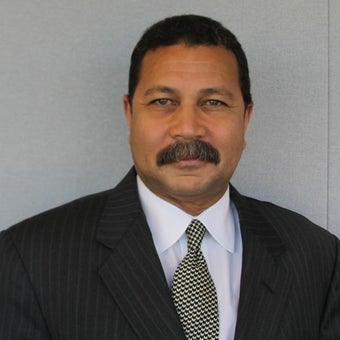Hyper partisan politics and our divided nation make it easier than ever to vilify anyone, any time in any way. In the words of Michael Corleone, “If anything in this life is certain, if history has taught us anything, it is that you can kill anyone.”
Used figuratively here, of course, but that is what cancel culture has wrought in today’s society.
While cancellation may seek to stifle speech, it causes social and economic destruction as well. It projects permanence and public shame for its targets whether deserved or not. And it promotes a kind of techno tyranny against which we all should be vigilant.
Cancel culture is not new. So let’s call it what it is: a coeval form of character assassination that has gone way too far. Almost void for vagueness, it describes at the same time the campaigns against Ellen DeGeneres and Nick Cannon, and the crusades against conservative talkers, impolitic professors and lesser-known left-wing opinionators. It even blames a newlywed couple for holding their destination wedding at an historic antebellum plantation. The list is long and growing.
Technology today empowers anyone – everyone – to become their own media outlet. It has liberated our ability to publish widely and without reserve and has allowed opinions themselves to be bountiful, ubiquitous and cheap.
CLICK HERE TO SIGN UP FOR OUR OPINION NEWSLETTER
Given such a surfeit, measuring the value of a voice has been reduced to a simple integer: the number of viewers that can be engaged. Validation does not depend upon principle or prescience and neither vision nor veracity seems to count for much anymore. It’s all about the looks and the likes of those who follow.
Consider the litany of celebrities who endorse, promote and recommend products, services and viewpoints via social media. And countless others who aspire to be influencers by being louder, lewder or loftier than anyone else in the Twittersphere or on Facebook.
More from Opinion
- Newt Gingrich: New York City crime skyrockets as Mayor de Blasio sides with criminals against cops
- Paul Packer & Herschel Walker: Jews and Black Americans should fight racism and anti-Semitism together
- Andy Puzder: Trump coronavirus executive orders aid struggling families, after Dems block action in Congress
What trades for value today in the marketplace of ideas is a counterfeit notion of public discourse. But free expression of ideas is the standard currency. Freedom of speech, without threat of government regulation, is a defining feature of American democracy – firmly enshrined in the First Amendment of the Constitution.
With very few exceptions, government restraint is not what most Americans fear.
We are free to write, speak, protest against – or in favor of – just about anything or anyone in our society.
Our Constitution, as viewed through decades of Supreme Court jurisprudence, permits us to burn the flag, kneel at the national anthem, or call the president anything but a child of God – all with the right to bear arms at the same time.
It protects us when we disagree with Supreme Court decisions, a controversial war or legislation that cuts to our very core. Say what you want in America, just don’t yell “fire” in a crowded theater and the First Amendment will protect your speech.
All it takes is access to social media and you, too, can cancel your enemies of choice with impunity.
Indeed, the true power of censorship rests with the people not the government. So we should not be surprised that, today, private actors are empowered to enforce censorship – or cancellation – over those who express unpopular opinions.
As such, we have come to fear those who trade in hate speech and hanging by hashtag to silence and destroy the lives and livelihoods of others. Whether Left, Right, Black or White it makes no difference. Because all it takes is access to social media and you, too, can cancel your enemies of choice with impunity – whether they be caustics, cynics or merely clumsy communicators.
In a bygone era, we watched similar word-of-mouth campaigns conducted under the guise of “boycotts” and “blacklists.” Both practices could be sinister assassins of brand and character, indelibly bruising a reputation and good name. It’s hard to find anyone that upholds being boycotted as a badge of honor, although being blacklisted might have some cachet in progressive circles, akin to a political purple heart.
We have seen the dispossessed use boycotts as a political and economic spear against status quo and conservative elements who resisted change. Products, events and programs were boycotted to publicly convey moral opposition to anything that was not “correct.” It was one of the few weapons the powerless could wield to make their point effectively, requiring little more than a cause and an object. Think Selma and Montgomery.

Sen. Joseph McCarthy, R-Wis., gives a resigned shrug at being unable to get across with one of his "point of order" interruptions, during the Senate Investigation Subcommittee hearing, in Washington, D.C., April 30, 1954. Pvt. G. David Schine was in the witness chair at the time. (AP Photo/WF)
Blacklists, conversely, were among several tools used by the entrenched establishment to arrest the momentum of people with contrary views. Those with power and wherewithal, usually on the Right, could isolate, insulate and shield their vested interests from the progress of others toward equity and inclusion. There were, of course, other ways to disenfranchise dissent. Think Joseph McCarthy and the Red Scare.
Today, a number of marquee advertisers have joined boycotts against prominent tech and media outlets. Their decision is a patent rejection of certain content on the one hand, and a latent acceptance of cancellation on the other. Whatever the intent, it comports well within the cancel culture zeitgeist.
If their actions lead to discourse and that discourse leads to new directions, then all should be forgiven. But if the boycotts yield resistance to new ways to communicate then what has been accomplished?
CLICK HERE TO GET THE FOX NEWS APP
Railing against cancellation, whether from the Left or the Right, is like spilling hot coffee on your dark blue suit. It may burn you up on the inside, but no one cares about it on the outside.
Restraint is the best way to vitiate the vitriol of cancel culture. And like free expression, that is a matter of individual liberty, violently protected by our Constitution.









































